
Unbalanced
The Codependency of America and China
Recommendation
Economist and China hand Stephen Roach takes America the consumer and China the exporter to task for three decades of growth-at-any-cost policies. He cites imbalance as the price of codependency – the US sags with debt as China acquires foreign exchange assets. With government encouragement, China’s people must become consumers who buy goods and services from the US. If China reforms and the US does not, America will lose China’s cheap capital. The US Congress’s “China Gripe” – which blames China for the results of its own misguided policies – might start a disastrous trade war. Roach issues his wake-up call in a sanguine tone, though he could have given more details showing how well or badly China and its leaders are really doing. While always politically neutral, getAbstract recommends Roach’s informative, contemporary view to executives, investors, manufacturers and service providers with interests in China.
Summary
About the Author
Stephen Roach, former chairman of Morgan Stanley Asia, is a senior fellow at Yale University’s Jackson Institute for Global Affairs and a senior lecturer at the Yale School of Management.







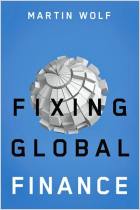
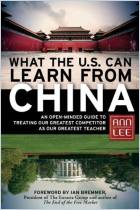
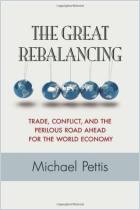
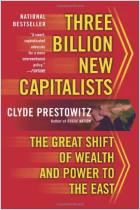
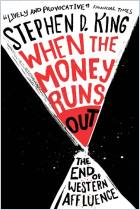
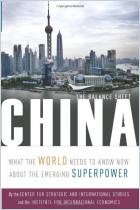





Comment on this summary or Начать обсуждение